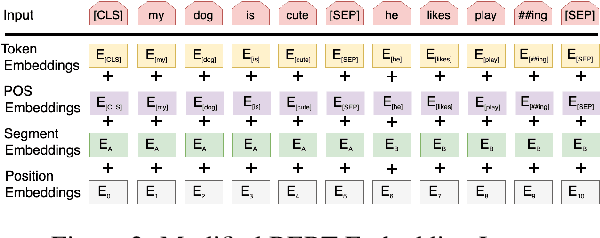Shubham Kumar Mishra
Nonet at SemEval-2023 Task 6: Methodologies for Legal Evaluation
Oct 17, 2023



Abstract:This paper describes our submission to the SemEval-2023 for Task 6 on LegalEval: Understanding Legal Texts. Our submission concentrated on three subtasks: Legal Named Entity Recognition (L-NER) for Task-B, Legal Judgment Prediction (LJP) for Task-C1, and Court Judgment Prediction with Explanation (CJPE) for Task-C2. We conducted various experiments on these subtasks and presented the results in detail, including data statistics and methodology. It is worth noting that legal tasks, such as those tackled in this research, have been gaining importance due to the increasing need to automate legal analysis and support. Our team obtained competitive rankings of 15$^{th}$, 11$^{th}$, and 1$^{st}$ in Task-B, Task-C1, and Task-C2, respectively, as reported on the leaderboard.
Comparative Analysis of Artificial Intelligence for Indian Legal Question Answering (AILQA) Using Different Retrieval and QA Models
Sep 26, 2023



Abstract:Legal question-answering (QA) systems have the potential to revolutionize the way legal professionals interact with case law documents. This paper conducts a comparative analysis of existing artificial intelligence models for their utility in answering legal questions within the Indian legal system, specifically focusing on Indian Legal Question Answering (AILQA) and our study investigates the efficacy of different retrieval and QA algorithms currently available. Utilizing the OpenAI GPT model as a benchmark, along with query prompts, our investigation shows that existing AILQA systems can automatically interpret natural language queries from users and generate highly accurate responses. This research is particularly focused on applications within the Indian criminal justice domain, which has its own set of challenges due to its complexity and resource constraints. In order to rigorously assess the performance of these models, empirical evaluations are complemented by feedback from practicing legal professionals, thereby offering a multifaceted view on the capabilities and limitations of AI in the context of Indian legal question-answering.
 Add to Chrome
Add to Chrome Add to Firefox
Add to Firefox Add to Edge
Add to Edge